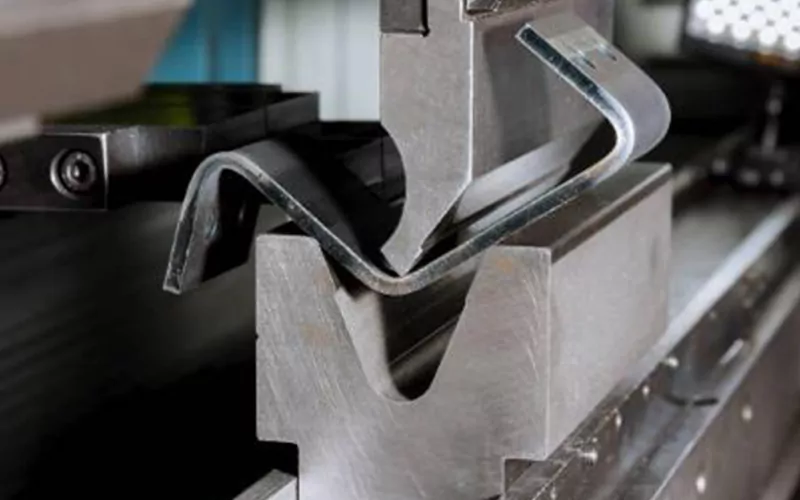The Evolution of CNC Metal Parts in the Manufacturing Industry
Body
The manufacturing industry has witnessed a remarkable transformation over the years, thanks to the evolution of CNC metal parts. Computer Numerical Control (CNC) technology has revolutionized the way metal parts are produced, offering increased precision, efficiency, and versatility. In this blog post, we will explore the fascinating journey of CNC metal parts in the manufacturing industry and its impact on various sectors.

The Early Days of CNC Metal Parts
In the early days, manufacturing metal parts involved manual labor and traditional machining techniques. This process was time-consuming, labor-intensive, and prone to human errors. However, with the advent of CNC technology, the manufacturing industry experienced a significant shift. CNC machines, controlled by computer programs, enabled the automation of metal part production, leading to improved accuracy and productivity.
Initially, CNC machines were limited to simple operations, such as drilling, milling, and turning. However, with advancements in technology, CNC metal parts became capable of performing complex tasks, including multi-axis machining and intricate designs. This evolution opened up new possibilities for manufacturers, allowing them to create intricate and precise metal parts that were previously unattainable.
The Advantages of CNC Metal Parts
The evolution of CNC metal parts brought numerous advantages to the manufacturing industry. One of the key benefits is the high level of precision that CNC machines offer. These machines can consistently produce metal parts with tight tolerances, ensuring a perfect fit and reducing the need for manual adjustments. This precision is crucial in industries such as aerospace, automotive, and medical, where even the slightest deviation can have severe consequences.
Another advantage of CNC metal parts is their efficiency. CNC machines can operate continuously, 24/7, with minimal human intervention. This significantly reduces production time and increases productivity. Additionally, CNC machines can be programmed to produce multiple identical parts, ensuring consistency and eliminating variations that may occur with manual machining.
The Impact on Various Industries
The evolution of CNC metal parts has had a profound impact on various industries. In the aerospace industry, CNC technology has enabled the production of lightweight and complex components, improving fuel efficiency and performance. CNC machines can precisely shape turbine blades, reducing weight while maintaining structural integrity.
In the automotive industry, CNC metal parts have revolutionized the manufacturing process. From engine components to body panels, CNC machines can produce intricate and precise parts that meet the industry's stringent requirements. This has led to improved vehicle performance, safety, and aesthetics.
The medical industry has also benefited greatly from CNC metal parts. Prosthetic limbs, surgical instruments, and implants require high precision and customization. CNC machines can produce these parts with utmost accuracy, ensuring a perfect fit and enhancing patient outcomes.
The Future of CNC Metal Parts
The evolution of CNC metal parts is far from over. As technology continues to advance, we can expect further improvements in precision, speed, and versatility. The integration of artificial intelligence and machine learning into CNC machines holds great potential for the manufacturing industry. These advancements will enable machines to learn from data, optimize processes, and adapt to changing requirements.
Furthermore, additive manufacturing, also known as 3D printing, is becoming increasingly integrated with CNC technology. This combination allows for the production of complex metal parts with intricate geometries that were previously impossible to manufacture. Additive manufacturing also reduces material waste and offers design freedom, opening up new possibilities for innovation.
In conclusion, the evolution of cnc metal parts has revolutionized the manufacturing industry. From the early days of manual labor to the automated precision of CNC machines, the journey has been remarkable. The advantages of CNC metal parts, such as precision and efficiency, have had a significant impact on various industries. As technology continues to advance, we can expect further advancements and exciting possibilities in the future.











Comments